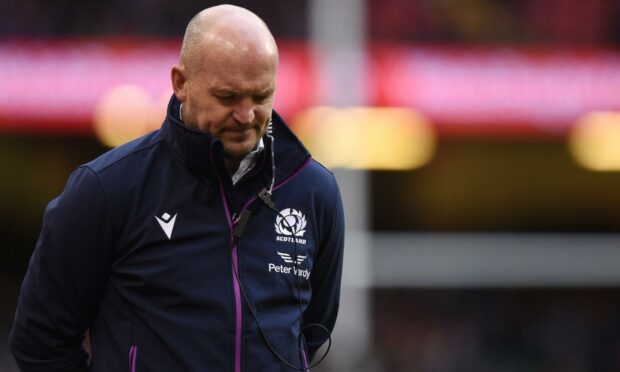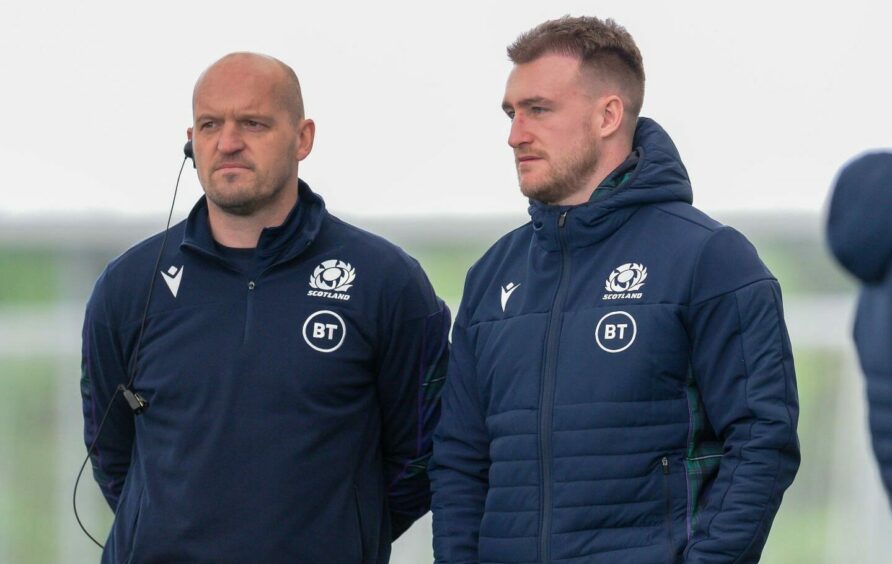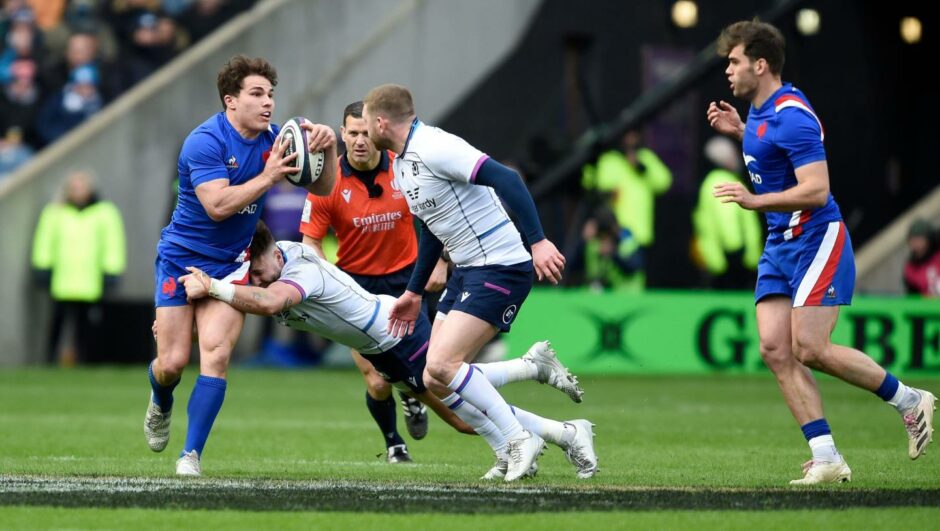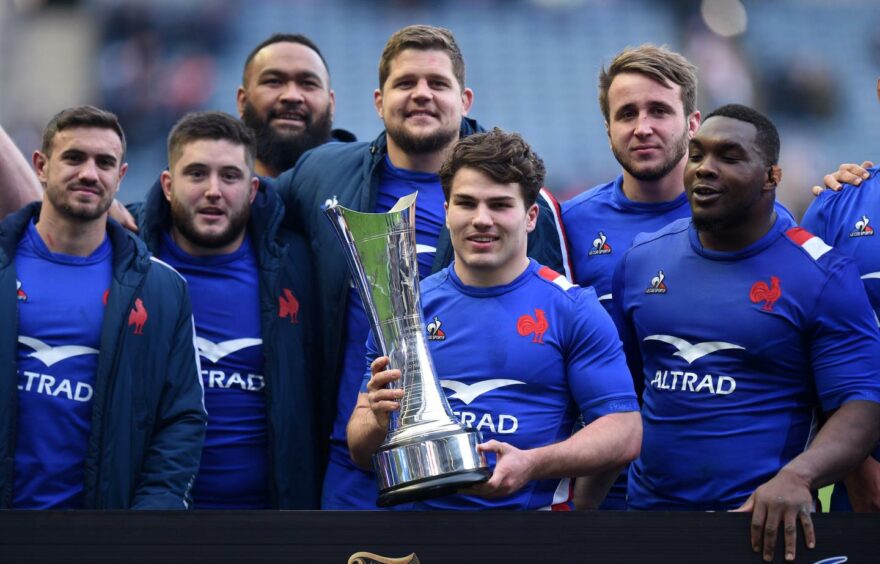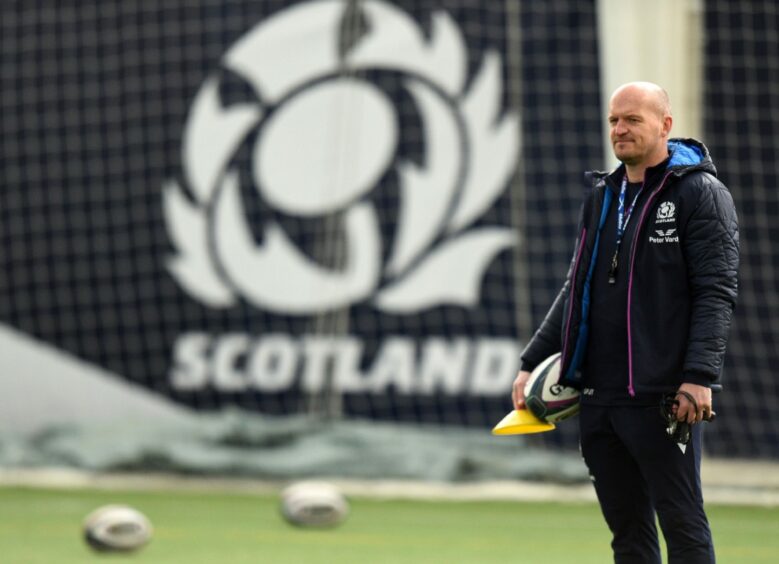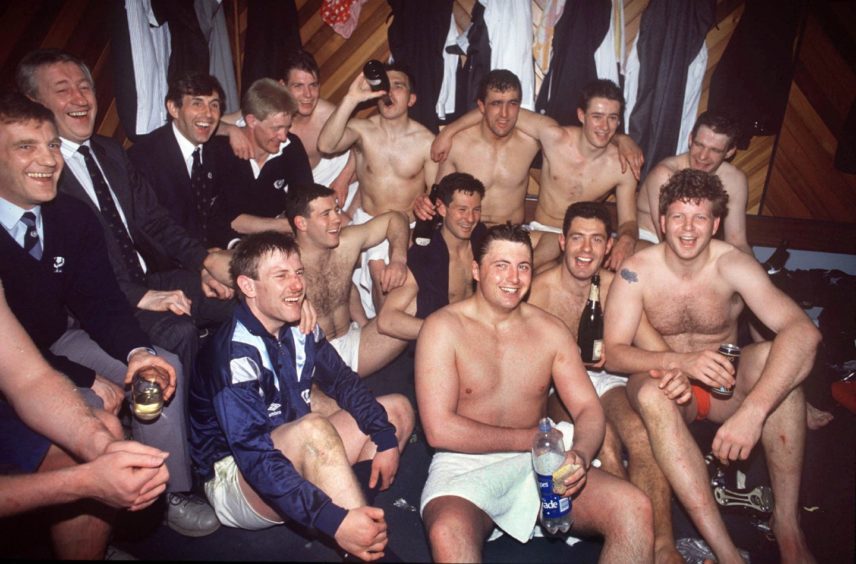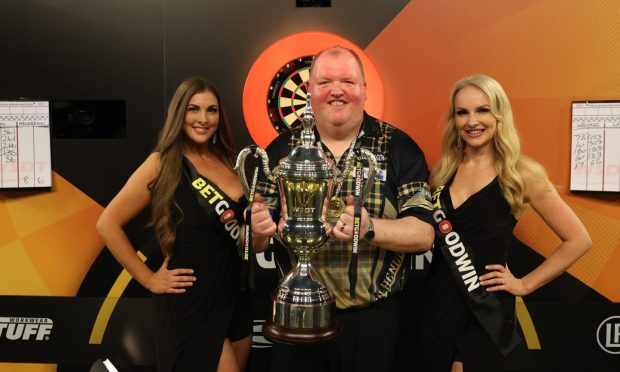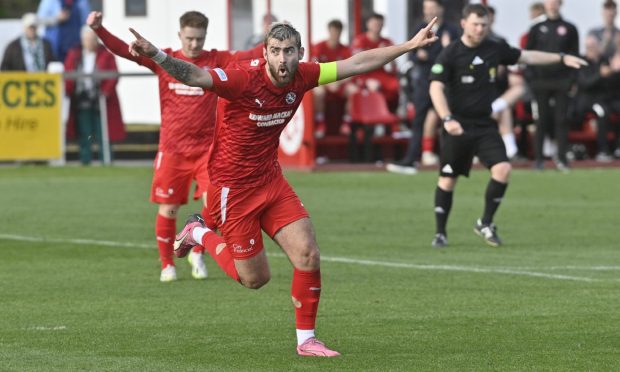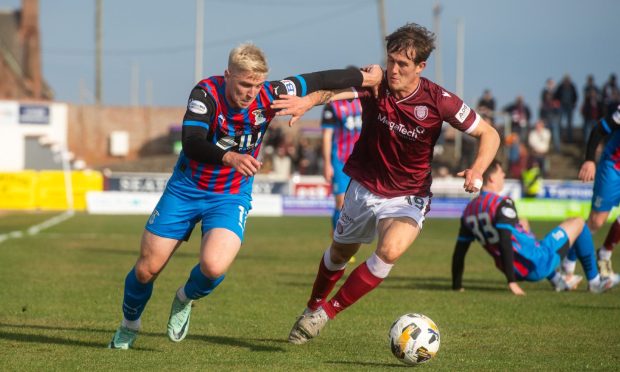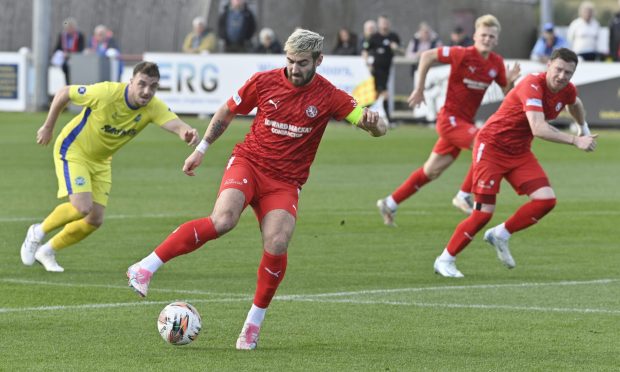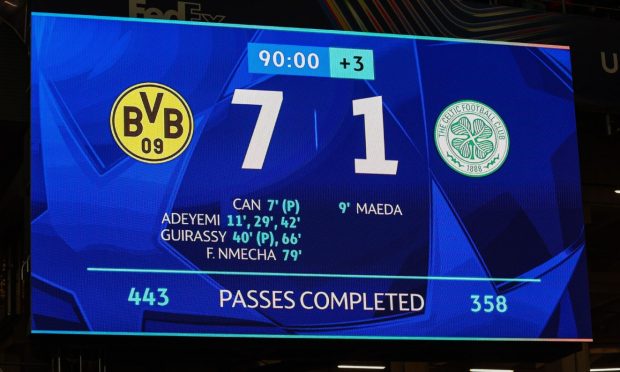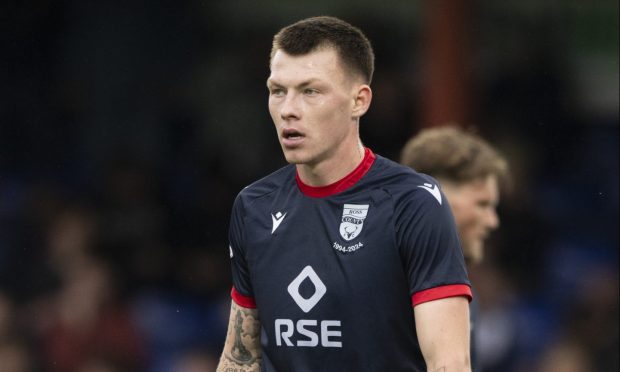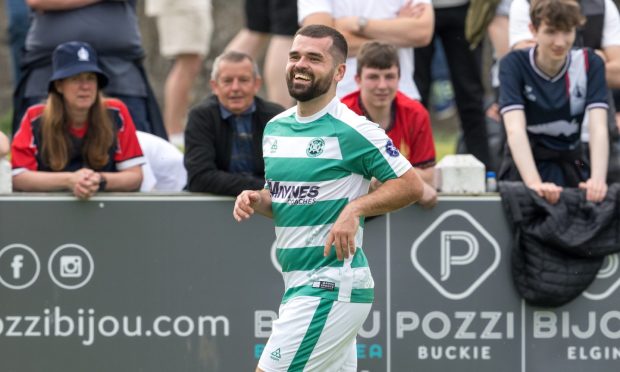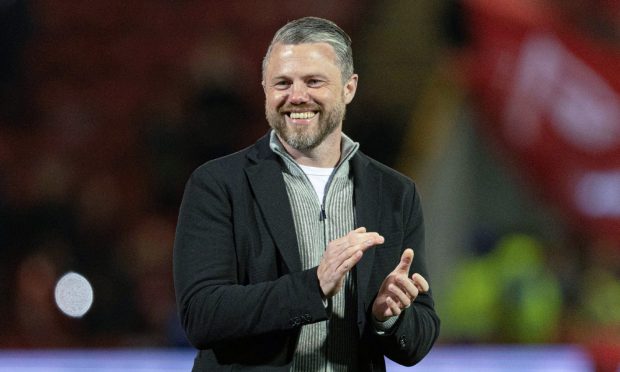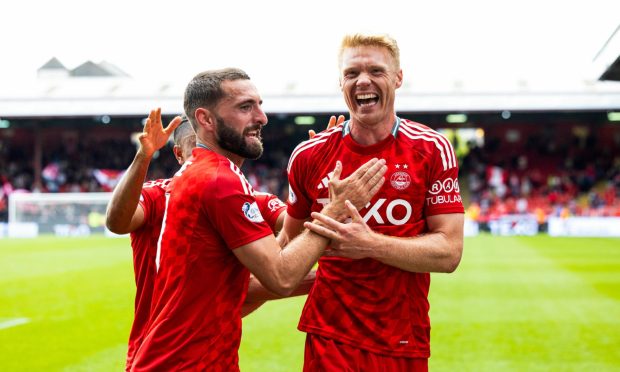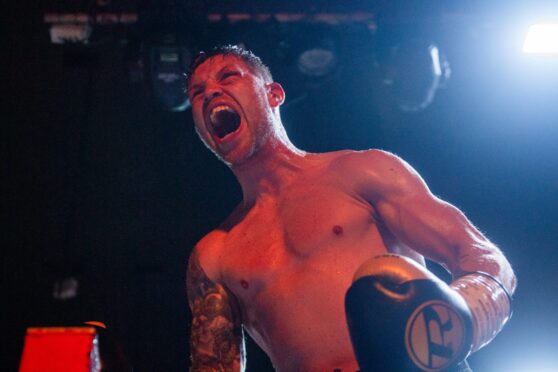It seems an awfully long time since Scotland retained the Calcutta Cup, doesn’t it?
In the aftermath of that deserved victory over England at Murrayfield, there was heady talk of bright new dawns, the SRU’s finest creating an opportunity to challenge for the championship or at least the Triple Crown and optimism they were finally turning potential into prizes.
Well, that was only seven weeks ago, but any positivity has been dashed during the course of another thoroughly frustrating Six Nations campaign, which featured hugely underwhelming performances against Wales and Ireland – and a masterclass in taking your chances from Grand Slam champions France which simply highlighted the Scots’ place in the pecking order.
If the team’s travails had been confined to rugby action, that would have been disappointing enough.
But the fashion in which details dribbled out of how six squad members, including captain Stuart Hogg and iconic stand-off Finn Russell, left the team hotel to visit a pub in Edinburgh following the side’s bonus-point victory over Italy, left a distinctly sour taste.
Indeed, the obfuscation surrounding this incident seems typical of how the SRU conducts its affairs with the maximum amount of clandestine secrecy and a commitment to issuing press releases which would require the expertise of Alan Turing and the Bletchley Park brigade to crack their coded messages.
Speaking personally, as somebody who remembers the alcohol-fuelled misdemeanours and bampottery of some of Scotland’s greatest performers in the 1980s and early 1990s, it’s hard to get whipped into a lather by the news that a group of young lads in their 20s enjoyed a few beers at the end of an international weekend.
They should have apologised, accepted a slap on the wrist from Gregor Townsend, and we could all have moved on.
So why didn’t that happen? If this was just a minor error of judgment, why did Townsend decide to stick with picking Hogg, who should surely have carried the most responsibility for breaking the disciplinary code, but relegate Russell to the bench for the match against Ireland?
And what was the point of introducing him at centre for Chris Harris with the contest already over in the 67th minute? It all smacked of serial ineptitude.
The annoying thing is that Scotland have been here before when Townsend and Russell fell out spectacularly and the latter walked away from the national scene for a significant period on the eve of the 2020 Six Nations.
They didn’t deal with it well the first time around and clearly haven’t learned lessons from the previous debacle. But there again, that’s equally true of the manner in which the Scots keep serving up Groundhog Day.
What astonishes me is the attitude of some of the fans who were still clutching at straws on Saturday night, despite watching their side succumb yet again in Dublin with a plethora of basic errors and a dreadful penalty count against them; a recurring feature during the competition.
“You can’t build a championship-winning side overnight,” one supporter told me.
Another stated: “Give Toony (Townsend) time. He’s getting there.”
But, as the song goes, how long has this been going on? The coach was fortunate to cling on to his job in the aftermath of the hapless 2019 World Cup campaign, where they were trounced – yet again – by Ireland and lost to the hosts Japan, exiting the event with a barely a whimper.
Granted, there was improvement in the 2021 Six Nations, but look at what Wales and Ireland have achieved in the last few years.
For the Scots, Utopia always seems to be a distant destination on the horizon, a dot on the map which remains as elusive as Brigadoon. And, since we’re always being told this is a results-driven business, it’s a completely unacceptable situation.
The annoying thing is that Scotland really have the nucleus of a very decent team. They should have been too good for Wales last month, but Cardiff appears to put the hex on them, just as Twickenham did on past generations of players.
At the moment, the Welsh are in dire straits, on and off the pitch, with serious financial problems impeding the progress of their regional teams, and they lost to everybody else in the tournament – even Italy. Yet we still couldn’t beat them when it mattered.
In which light, finishing fourth in the standings was far from impressive, particularly after an opening day success against the Auld Enemy. Question marks are rightly hanging over England’s Eddie Jones and Wales’ Wayne Pivac and I don’t think either will survive the ongoing barrage of criticism.
So shouldn’t the same pressure be piled on Townsend? Or does the platitudinous pap of the #AsOne hashtag mean we are supposed to be content with the occasional victory and respectable mid-table position every year?
If it does, it’s a far cry from the days of Jim Aitken and David Sole’s 1984 and 1990 Grand Slam wins. A period when the players partied hard after their triumphs and nobody batted an eyelid.
And yes, it’s a different game these days, but there was a steely edge to these characters which meant they could terrorise opponents and put the fear of God into them.
We need some of that nastiness back. On the pitch, at least.
